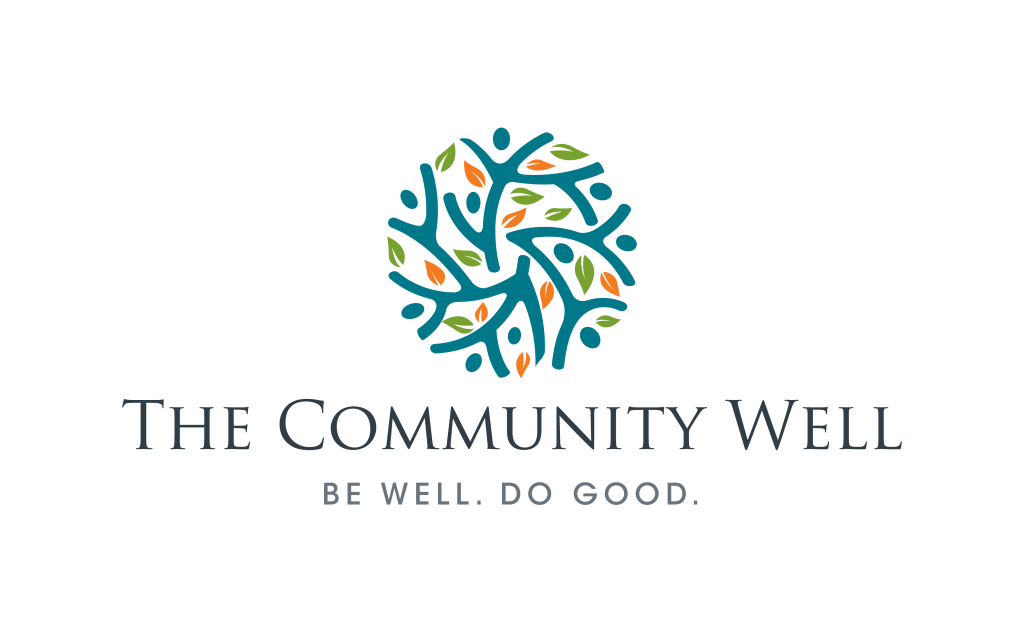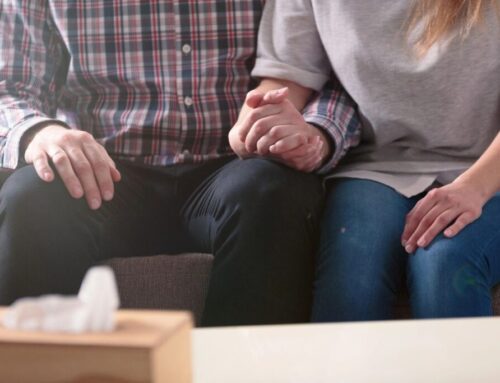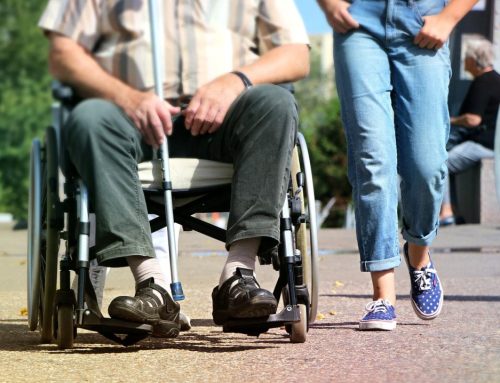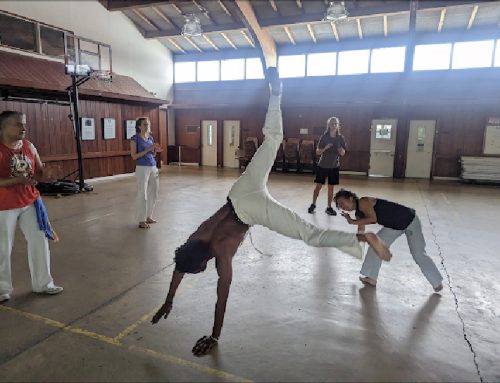 Coronavirus Anxiety is Seriously Affecting Teens. Here’s How to Help.
Coronavirus Anxiety is Seriously Affecting Teens. Here’s How to Help.
There is a lot of advice on the internet right now about how to help young kids cope with the many changes in their lives thanks to COVID-19. There’s also a lot to be found on how adults can take care of their own mental health. Tweens and teens? Not so much.
But mental health experts say there is plenty of anecdotal evidence suggesting that many adolescents ― like everyone else ― are having a hard time coping right now.
“This is all so very new, we don’t have data, but we do have stories. And those stories are telling us a lot about what teenagers are going through,” Jill Emanuele, senior director of the Mood Disorders Center at the Child Mind Institute in New York City, told HuffPost. “It is having an impact — particularly on kids who are perhaps more vulnerable and already have existing mental health issues.”
Unfortunately, teens aren’t exactly known for being open with their feelings. And prior research shows parents often have no clue their teenage children are struggling, even with the most serious issues like suicidal thoughts.
Wondering whether your tween or teen is struggling to cope with COVID-19? Here are some subtle signs to look out for — and how to help.
First, remember: Your teen’s whole world has just come apart.
Children, like adults, are dealing with varying levels of disruption and danger from the pandemic. If, for example, you or another family member are essential workers, your teenager might be extremely concerned about what that means for your health and their own. If your family’s financial situation has just changed, they might be more aware of that than you realize. Or maybe they know someone who is sick with COVID-19.
Even if your child is simply dealing with having school canceled and sheltering in place, remember: Those changes are huge. Because teens’ whole lives are social, Emanuele said.
“Their ‘job,’ in a sense, is to individuate from their families,” she said. “Their job is to become more independent and to be able to go out in the world — and they’re being restricted right now. Imagine what that must feel like.”
Validate how hard all of this is.
Again, really huge events in teens’ lives are slipping away from them in real time: canceled sports seasons, plays, dances, school concerts, clubs, tests they’ve prepped for for months, graduations, internships, jobs — the list goes on. On top of that, they are old enough to actually understand what is happening in the world around them and to grasp how uncertain things are.
One of the kindest, most helpful things you can do as a caregiver is simply to validate how crappy all of that might feel. It is not the end of the world if prom is canceled, but it could feel like a very big deal.
“Their world is the here-and-now, the day-to-day relationships they have with peers,” said Nicholas Westers, a pediatric psychologist with Children’s Health.
“Being able to simply validate these disappointments can go a long way with helping our teens manage this,” he added. “Because this is their reality. This is their world.”
Closely tune in to sustained behavioral changes.
As routines have changed, your kid’s behaviors and typical patterns have also likely changed. Maybe they’re staying up much later and sleeping far longer into the day. Maybe they’re eating differently now that they’re home all the time. Perhaps you’ve noticed their typical social behaviors have taken on new rhythms now that they are not seeing friends face to face.
All of those changes are common and simply reflect that life has changed. Your job is to pay attention to the nuances within those broader behavioral shifts. Are they sleeping all day? Are they staying up late because they’re chatting with friends or because they can’t quiet their anxious thoughts?
“Do you have a social kid who is not contacting their friends throughout this?” Emanuele said by way of example. “Do you have a kid who is usually pretty active, and suddenly doesn’t want to even go for a walk?”
Listen to your gut if it seems like things are just … off.
Of course, your teen will have bad days (and nights) as the pandemic wears on. Note how long these kinds of changes are lasting, and maybe write it down so you can clearly remember. If it’s been a few weeks, or the behavior seems like it’s getting more intense, that’s a potential red flag. If you are concerned, reach out to your child’s pediatrician or to a mental health professional. Now that so many clinicians are offering their services online, in some ways they’re more accessible than ever.
Be honest about your own feelings — to a point.
If you notice that your own teen is struggling a bit, experts say it’s OK to be honest with them about your own fears and frustrations. Tell them when you’re feeling anxious, and reassure them that it’s an appropriate reaction to a really stressful situation. If you’re having a bad day (or a bad string of days), talk about it.
Then try and show them some of the healthy ways you hopefully have up your sleeves to deal with tough emotions when they arise.
“Maybe say, ‘going on a walk helps me,’” said Westers. If you practice meditation or deep breathing, ask them to join you, he said. If physical activity helps, ask them to join in.”
Part of growing up and becoming a developmentally healthy adult is learning to sit with discomfort at times,” Westers added.
Just remember: Don’t fully unload all of your concerns on your teen.
“The way you’re handling it communicates to them the way they should handle it,” Emanuele said. “Get a hold of your own feelings on it, your own anxiety, so you can help your kids.”
Now is the time to get your Fortnite on.
Everyone is incredibly busy these days trying to balance work, child care, remote learning, staying healthy, staying connected … all of it. But one simple way to help your teen — and to get a sense of how they are coping — is to simply take part in their hobbies.
“I have been very pleased to see how many families are bonding. How many teens are bonding with their siblings more than before. Parents may be surprised by how much their teens would still love to play board games, do jigsaw puzzles, make a video together,” Westers said.
“Now is the time to play Fortnite with your kids,” he added. “Now is the time to play Call of Duty. Join in their hobbies.”
Experts are still learning about the novel coronavirus. The information in this story is what was known or available as of press time, but it’s possible guidance around COVID-19 could change as scientists discover more about the virus. Please check the Centers for Disease Control and Prevention for the most updated recommendations.
Article originally published in MSN. Edited for clarity and length.





